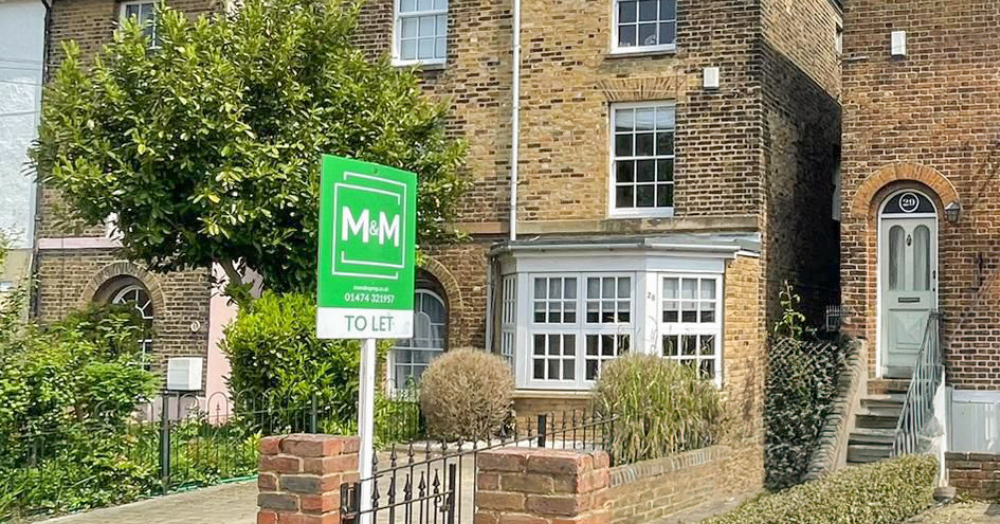A bill that will radically change the PRS was published last week (11th September 2024). The bill has begun its passage through Parliament after receiving its first reading and is scheduled to become law next year. Here we look at the main points affecting landlords, tenants, and letting agents.
The renters rights bill contains some major reforms that will impact landlords, tenants and agents in the PRS. 🔑 Whilst the ban on Section 21 ‘no fault’ evictions has grabbed the headlines, there are many other measures in the bill that will have an impact on the sector. Whilst the bill is similar to the Renters (Reform) Bill, which was introduced by the Conservatives; the new Labour Government has introduced 80 additional clauses.
Timescale ⏳
The current prediction is that it will pass by spring next year and become law soon afterwards.
Key Measures in the Bill 🚨
Here are some of the most important measures in the bill:
- ❌ Removal of ‘no fault’ Section 21 notices for all tenancies
- 📋 A new mandatory Ombudsman for all landlords
- 🏢 A mandatory private rental sector database of landlords
- 🚫 Strict controls on rent bidding and offers during marketing a property for a tenant
- 🔄 Removal of fixed-term tenancies, creating rolling tenancies from the outset
- 🛡️ A 12-month protected tenancy period for tenants
- 🚸 A ban on discriminating against tenants on benefits or with children
- 🐾 Tenants given strengthened rights for having a pet in a rented property
- 📈 Strict controls on rent reviews and a ban on in-tenancy rent review clauses
- ⏳ Stricter possession grounds for landlords, with longer notice periods
- 🎓 A new possession ground for landlords renting to students
- 🏠 The Decent Homes Standard to be applied to the private rental sector
- ⚠️ The application of ‘Awaab’s Law’ to the private rental sector, setting timeframes for a property to be remedied of any health risks
- 🛠️ Strengthening of local authority enforcement powers and expanding civil penalties
- 💰 An expansion of Rent Repayment Orders
Let’s Look in More Detail 🕵️♀️
Tenancy and Possession
- End of Section 21: The so-called ‘no fault eviction.’ (Section 21 notices served before the commencement date of the law will continue to be valid until they expire).
- Abolish Fixed-Term Tenancies: All tenancies to become periodic. Tenants can serve two months’ notice to end the tenancy at any time and via any written method.
- New ‘Landlord Circumstance’ Grounds: A new ground where the landlord needs to sell will be introduced, as well as an amended ground where the landlord or their family needs to move in. Landlords won’t be able to use these grounds in the first 12 months of a tenancy, will need to give four months’ notice, and can’t market the property for 12 months after the notice expires or the claim is filed at court.
- Mandatory Rent Arrears Ground Amended: Requiring three months’ arrears and four weeks’ notice.
- New Student Possession Ground: This will require prior notice from the landlord and only applies to HMOs let entirely to students.
- Ban Discrimination: Against tenants in receipt of benefits or with children when choosing who to let to.
- Ban on ‘No Pets’ Tenancies: Tenants will have the right to keep pets, and landlords will need a good reason if they refuse. Landlords can ask tenants to take out pet insurance to cover potential damage to property.
Setting Rents 💵
- Ban Rental Bidding Wars: Preventing landlords and agents from encouraging or accepting rents above the listed rate.
- Limit In-Tenancy Rent Rises: To a single annual increase capped to whichever is lowest of market rates or the amount proposed by the landlord. Landlords must give two months’ notice. Tenants can challenge this via the First-tier Tribunal. Any increase can’t happen until the tribunal has made its decision.
Standards and Enforcement 📏
- Introduce a Decent Homes Standard: To the private rented sector with fines of up to £7,000 for failing to meet standards.
- Extend Awaab’s Law to Private Renting: Setting clear timeframes within which landlords must make homes safe where they contain serious hazards.
- Create a Digital Private Rented Sector Database: With information for landlords, tenants, and councils.
- Local Authority Enforcement: Give local authorities greater powers to investigate and enter PRS properties and substantially increase the financial penalties for non-compliance.
Resolving Disputes ⚖️
- Set Up a New Ombudsman Service: That will provide fair, impartial, and binding resolution to both landlords and tenants, reducing the need to go to court. (Support for landlords who want to initiate disputes will not be through the ombudsman, but the Government has confirmed they are looking at ways to allow this).
If you would like more information, the full bill can be found
here. 🔗

